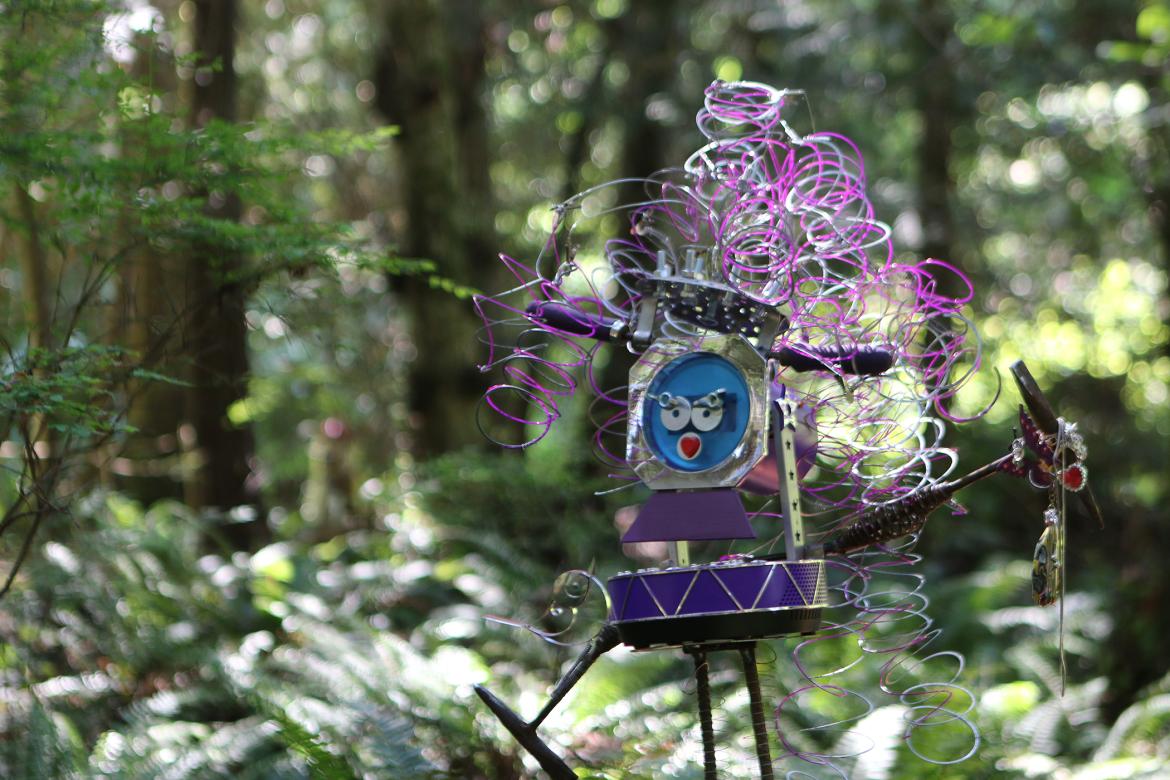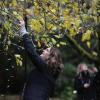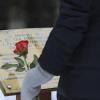
Forty sculptures of all sizes and shapes created by VIU Visual Arts students are on display along the Artist's Trail at VIU’s Milner Gardens & Woodland in Qualicum Beach until Thanksgiving weekend.
July 2, 2015 - 11:00am
Robots, spaceships, and rockets have crash-landed at Vancouver Island University’s (VIU) Milner Gardens & Woodland, and alien ‘plant-hunters’ are searching the gardens for new and hearty plant species to take back to their home planets.
That’s the theme of a new art exhibit at Milner Gardens created by VIU Visual Arts students.
Forty sculptures of all sizes and shapes are on display along the Artist's Trail at Milner Gardens & Woodland until Thanksgiving, and the public is invited to drop by, discover, and contemplate the alien robots, spaceships, and rockets, while enjoying a peaceful walk through the forest.
“Students created sculptures of plant-hunting-travellers and pieced together spaceships, rockets, and helper drones from any available materials they could find,” explains VIU Visual Arts instructor Jason Gress. “If you look closely, you may see some of the robots actively collecting plant specimens, and storing them carefully on their ships.”
Gress says the inspiration for the second annual Visual Arts exhibit came from intrepid plant-hunters of the past, who traveled and explored the world in pursuit of new plant species.
“If plants in our local gardens are not native to BC, then they were at some point discovered, and introduced to local gardens by plant-hunters,” explains Gress.
“Many of their discoveries are now familiar food plants. Some have proven to be sources of medicines, and others are greatly valued for their beauty.” Gress points out that the local Douglas-fir is named for David Douglas – one of the most famous plant hunters.
“He introduced more than 7,000 plant species to gardens in Britain, many of which – including Oregon Grape, Salal, and Red-flowering currant – he collected from here on the coast of BC,” adds Gress.
“Plant hunting for Douglas, was an adventurous undertaking. On his travels, he escaped a sinking boat, fell into a ravine, and paddled a canoe over a waterfall (losing all of his botanical notes and more than 400 plant samples in the process), before disappearing at the age of 35 in Hawaii, only to be found dead at the bottom of a pit trap, along with an angry bull. Plant-hunting is not for the faint-hearted.”
Veronica Milner, original owner of the Milner property before it was acquired by VIU in 1996, was a plant hunter in her own right. Many of the trees and shrubs at Milner Gardens & Woodland were collected on her extensive travels to places such as Greece, Hawaii, and Japan, as well as from her previous home in Ireland.
“She collected seeds and cuttings wherever she traveled, packing them into her suitcase for the journey home,” says Gress. “Many plants from this place ended up in her castle garden in Ireland in exactly the same manner.”
Unfortunately, not all plant introductions go as planned. Some garden plants, once moved to a new environment by plant-hunters, become alien invaders of sorts, aggressively taking over from native species.
On Vancouver Island, plant species such as Scottish broom or Himalayan blackberry are a problem in the local ecosystem, while BC native salal, introduced to British gardens by David Douglas, is considered an invasive weed in the United Kingdom.
For more information, see the book In Veronica’s Garden by Margaret Cadwaladr, or visit the following websites:
http://www.biographi.ca/en/bio/douglas_david_6E.html
-30-
Media Contact
Janina Stajic, Manager, Vancouver Island University
P:250.740.6288 E: Communications@viu.ca
Tags: In the Community






